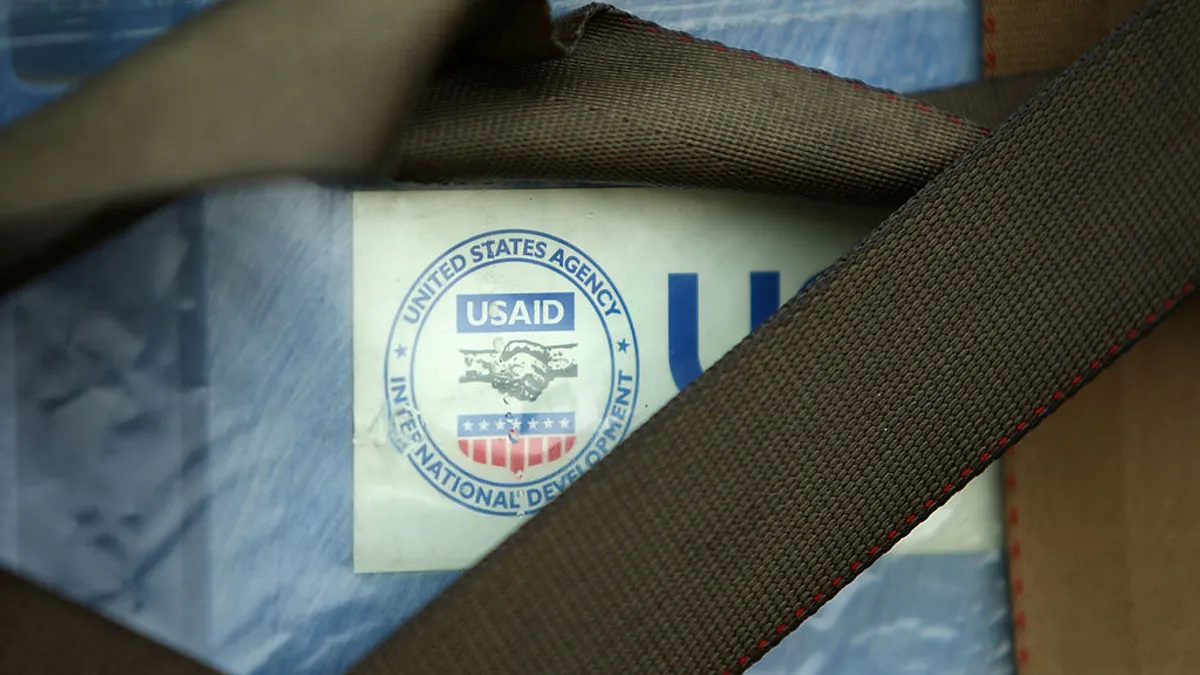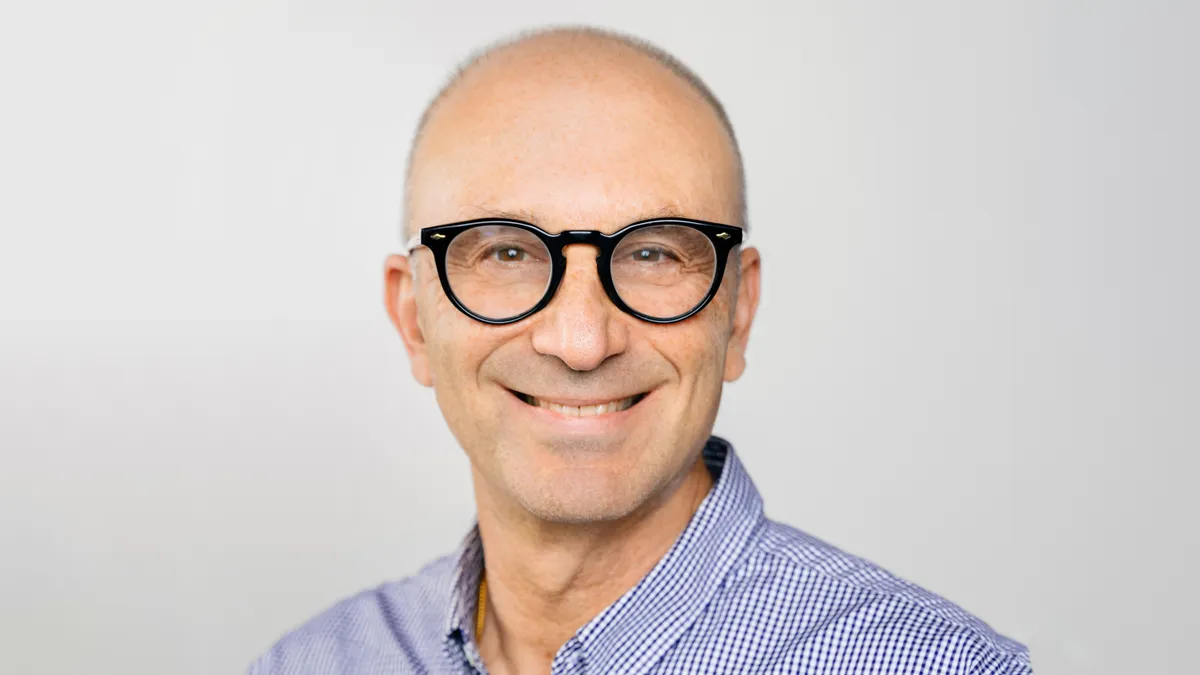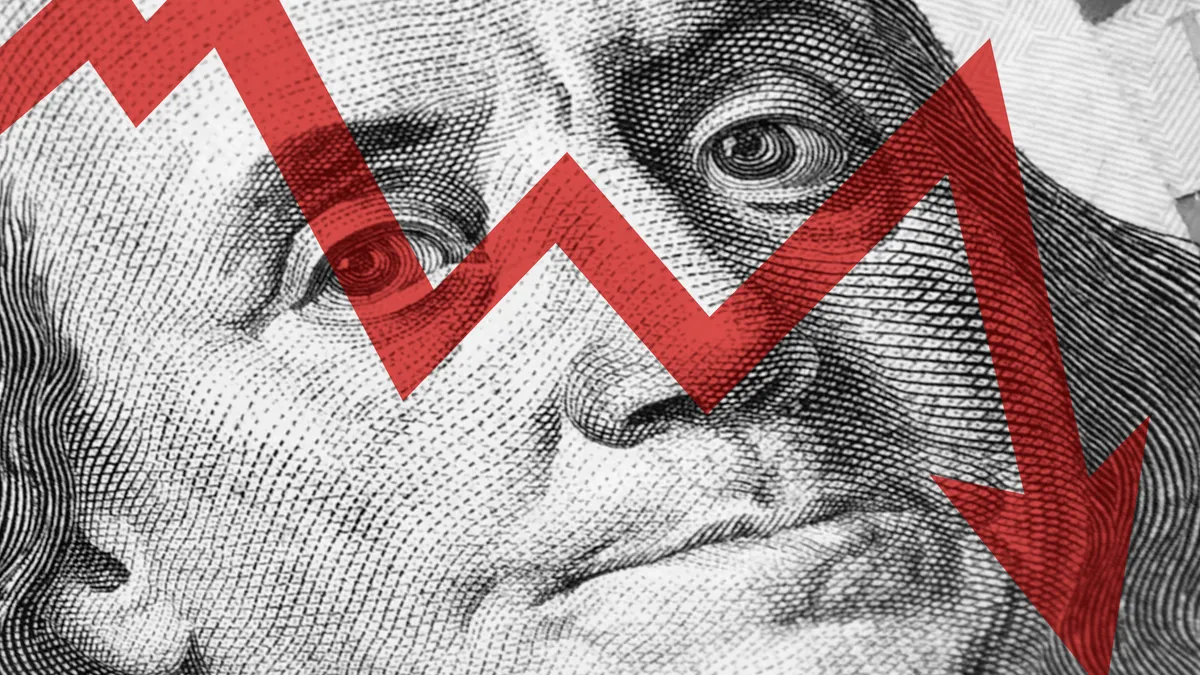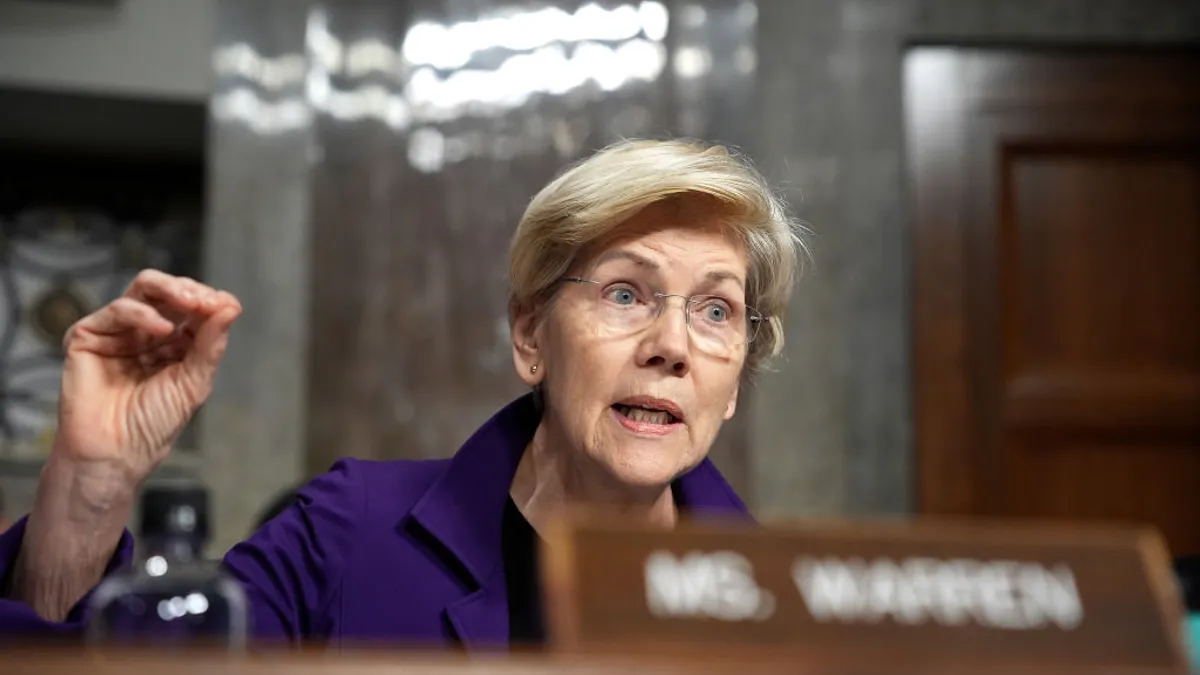The storm of executive orders, administrative appointments and general uncertainty accompanying the second term of the Trump presidency is raging into its third week, now with the U.S. Agency for International Development on the chopping block.
The agency responsible for foreign aid plays a major role in global health efforts, so when the USAID website was inaccessible Saturday and employees received an early-morning email Monday that told them not to come into work, health systems around the world were left wondering what would happen next.
Elon Musk, head of the ad hoc Department of Government Efficiency task force, said Monday morning that President Trump was planning to “shut it down,” in reference to USAID. While Trump has not directly stated he would close the agency altogether, he has called its leaders “radical lunatics” who need to be removed.
Secretary of State Marco Rubio said Monday that many of the programs under USAID’s purview would continue under the U.S. State Department, but echoed comments by Trump and Musk that there’s been a lack of broader cooperation from the agency.
“It’s a completely unresponsive agency,” Rubio said Monday, as reported by The New York Times. “It’s supposed to respond to policy directives with the State Department, and it refuses to do so.”
USAID staff initially did not grant access to classified materials that Musk’s task force was seeking, leading to a faceoff that became a total shutdown.
While Rubio took over as acting administrator of USAID Monday, he appointed Pete Marocco, the state department’s director of foreign assistance, to run operations moving forward.
From COVID-19 to tuberculosis to malaria, USAID has supported health clinics and worked with contractors to distribute medicines and vaccines to millions of people in developing countries. The potential shutdown follows a funding freeze that already hobbled the agency’s efforts and put a pause on many medical supply deliveries, clinical trials and other health efforts. Trump also pulled the U.S. out of the World Health Organization on the first day of his second term.
USAID managed more than $40 billion in federal spending in 2023, and the agency provided 42% of all humanitarian aid tracked by the United Nations in 2024, according to a Reuters report. The consequences of unilaterally shutting down these programs could leave a lasting mark, according to Jeremy Konyndyk, who led COVID and mpox responses at the agency under President Biden.
"They have announced no plan and given no rationale — they're just taking everything down," Konyndyk told NPR. "They're trying to do it behind the scenes rather than openly.”
A history of aid
Established in 1961 under President John F. Kennedy, USAID has worked with pharmaceutical companies in the U.S. and elsewhere to procure medicines for international aid. Companies like J&J, Pfizer and many more have teamed up with the agency to donate and distribute therapeutics and vaccines in the face of epidemics and war.
Beyond public-private partnerships to distribute medicines and stem outbreaks, USAID also contributes to the pharma sector’s worldwide growth by supporting drugmakers in low- and middle-income countries. For example, a 2020 effort in Kazakhstan called Promoting the Quality of Medicines Plus allowed the country’s government to source tuberculosis medication locally rather than depend on future aid.
USAID is also a key implementer of the 2003 U.S. President’s Emergency Plan for AIDS Relief, or PEPFAR, which brings medicines and other innovations to countries dealing with the HIV epidemic. Companies like Gilead Sciences and GSK’s ViiV Healthcare have contributed to the program, by working with USAID to do so. PEPFAR is also in line for potential deauthorization next month.
The Kaiser Family Foundation points to efforts around the world that could be impacted by both the funding freeze for global health programs and the shutdown of USAID, including polio vaccination, infectious disease investigations, nutritional supplementation and medicines to control disease outbreaks.
In addition to patients lacking care, health and aid workers around the world stand to lose their jobs, and “there are widespread reports of confusion as criteria are not often specified, changes are rapid and high-level officials at the agency, which has historically overseen implementation of many of these programs, have been placed on leave,” KFF said.
Lawmakers have called into question the legality of shutting down a federal agency without congressional support, and protests were taking place outside the USAID building in Washington, D.C. on Monday.
Meanwhile, the funding freeze that has stopped work around the world has already led to increased confusion and strife, according to an international aid worker who told the BBC it felt “like an earthquake across the aid sector, with life-saving programs in ruins.”





















